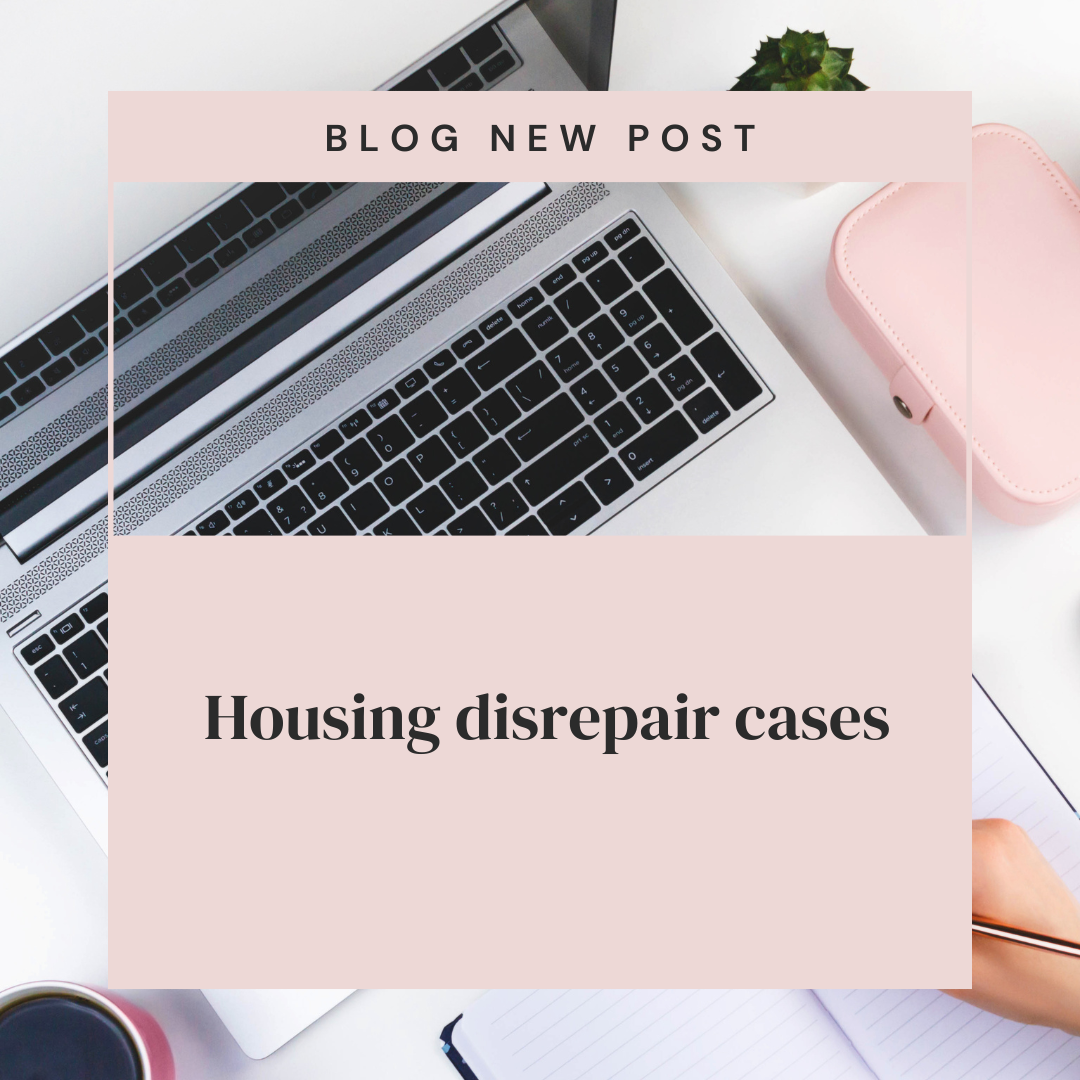Introduction
Housing disrepair cases: Housing is a fundamental necessity for every individual, providing shelter, stability, and security. However, the existence of housing disrepair cases reveals a troubling reality. This article explores the prevalence of housing disrepair cases, shedding light on the challenges faced by countless individuals and families.
Body:
- The Magnitude of the Problem (60 seconds)
Housing disrepair cases are far from isolated incidents. In fact, they represent a significant problem affecting a vast number of individuals, particularly those living in low-income neighborhoods. The lack of proper maintenance and repairs may result in issues such as dampness, mold growth, structural damage, and faulty heating systems. These problems can pose severe health risks and negatively impact the quality of life for affected individuals. - Health Implications (60 seconds)
Housing disrepair cases have well-documented health implications. Dampness and mold growth, for instance, can exacerbate respiratory conditions like asthma and allergies, leading to frequent illnesses and hospital visits. Additionally, the cold and inadequate heating can contribute to increased vulnerability, particularly among the elderly and young children. The resulting health issues can disrupt education, work, and overall well-being, perpetuating a cycle of disadvantage. - Legal Rights and Responsibilities
Tenants facing housing disrepair issues often face difficulty navigating their legal rights and responsibilities. It is crucial for affected individuals to be aware of their rights under their tenancy agreements and relevant housing laws. In many cases, tenants have the right to request repairs from their landlords and take legal action if necessary. However, lack of awareness, fear of reprisals, or financial constraints can prevent tenants from pursuing their deserved remedies. - The Importance of Housing Standards
Ensuring proper housing standards is vital in addressing housing disrepair. Governments, housing authorities, and community organizations have an essential role to play in enforcing and promoting healthy, habitable living conditions for all. Stricter regulations and inspections, improved access to legal aid and advice, and targeted financial support can all contribute to tackling housing disrepair cases effectively.
Conclusion
The prevalence of housing disrepair brings attention to the urgent need for action to protect individuals and families living in substandard conditions. A comprehensive approach that includes raising awareness, advocating for tenants’ rights, and implementing stricter housing standards is crucial. By addressing housing disrepair, we can strive towards ensuring every individual has access to safe and suitable housing, promoting overall health and well-being.
Important links
Housing Disrepair Advice: https://housingdisrepairadvice.org/contact
Housing Ombudsman: https://www.housing-ombudsman.org.uk/
